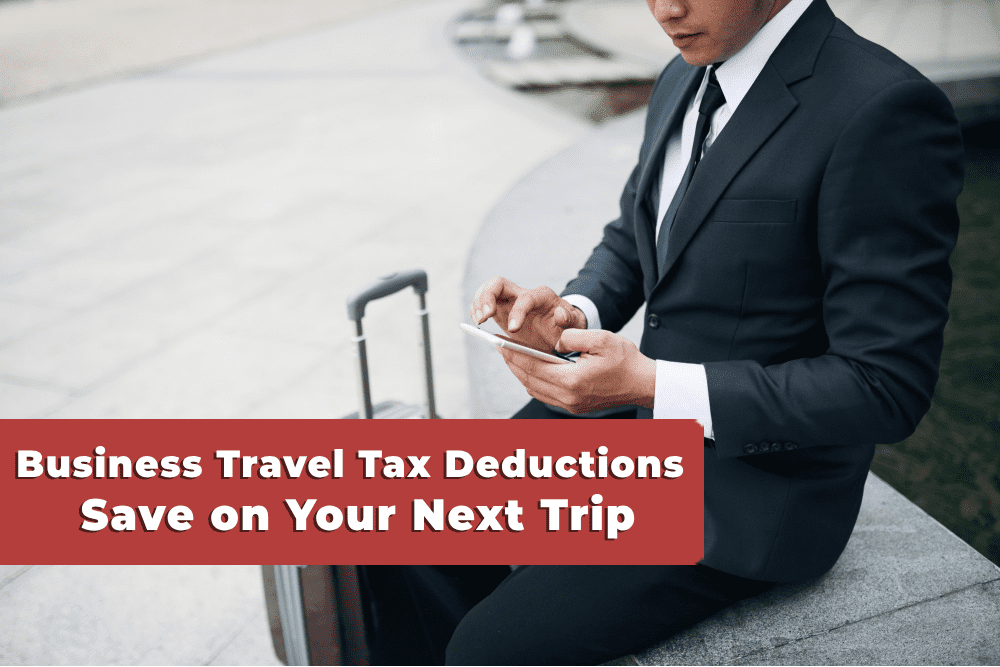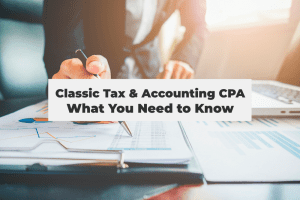Being a freelancer comes with many perks, including flexibility and independence. However, managing taxes can be a challenge. To make things easier, we’ve compiled 10 essential tax tips for freelancers to help you save money and avoid penalties. Whether you’re new to freelancing or a seasoned professional, these tips will guide you through the tax maze.
1. Understand Your Tax Responsibilities
As a freelancer, you’re considered self-employed. This means you’re responsible for paying your own taxes, including:
- Federal income tax
- State income tax (if applicable)
- Self-employment tax, which covers Social Security and Medicare contributions.
To avoid surprises, familiarize yourself with IRS Form 1040 Schedule C, which you’ll use to report your income and expenses.
Helpful Link: IRS Self-Employed Individuals Tax Center
2. Track Your Income and Expenses
Keeping accurate records is crucial for freelancers. Use tools like QuickBooks, FreshBooks, or even a simple spreadsheet to track:
- Payments received from clients
- Business-related expenses
Examples of deductible expenses include:
- Office supplies
- Advertising
- Internet and phone bills
3. Set Aside Money for Taxes
Unlike traditional employees, freelancers don’t have taxes withheld from their paychecks. A good rule of thumb is to set aside 25-30% of your income for taxes. This ensures you have enough to cover both federal and state taxes.
4. Make Quarterly Estimated Tax Payments
The IRS requires freelancers to pay taxes throughout the year in quarterly installments. Missing these payments can result in penalties. Mark these dates on your calendar:
- April 15
- June 15
- September 15
- January 15 (of the following year)
Helpful Link: IRS Estimated Tax Payments
5. Claim All Available Deductions
Freelancers have access to a wide range of deductions. Here are a few common ones:
- Home office deduction: If you work from home, you can deduct a portion of your rent or mortgage.
- Mileage: If you drive for work, keep a log of your trips.
- Professional development: Courses, books, and training related to your business are deductible.
You may also like to read:
Business Travel Expenses You Can Deduct: A Tax Guide for Entrepreneurs and Freelancers
As an entrepreneur or freelancer, traveling for business is often part of the job. Whether it’s meeting clients…
Read More

6. Don’t Forget About Health Insurance Deductions
If you pay for your own health insurance, you may qualify for the self-employed health insurance deduction. This deduction reduces your taxable income and can save you a significant amount.
7. Open a Retirement Account
Freelancers don’t have employer-sponsored retirement plans, but you can still save for retirement and enjoy tax benefits. Options include:
- SEP IRA: Allows you to contribute up to 25% of your income.
- Solo 401(k): Ideal for higher-income freelancers.
Contributions to these accounts are tax-deductible.
8. File Your Taxes on Time
Filing late can lead to penalties. The deadline for most freelancers is April 15, but if you need more time, you can file for an extension. However, the extension only delays filing—not paying.
Helpful Link: How to File a Tax Extension
9. Consider Hiring a Tax Professional
Freelance tax rules can be complex. A CPA or tax advisor familiar with self-employment can help you maximize deductions and stay compliant.
When to consider professional help:
- Your income varies significantly.
- You’re unsure about specific deductions.
- You want to plan for the next tax year.
10. Plan Ahead for Next Year
Tax planning is an ongoing process. To make next year’s taxes easier:
- Revisit your quarterly payments to ensure accuracy.
- Update your income and expense tracking regularly.
- Stay informed about changes in tax laws affecting freelancers.
Helpful Link: IRS Tax Changes for Self-Employed
Final Thoughts
Navigating taxes as a freelancer doesn’t have to be overwhelming. By implementing these tax tips for freelancers, you can boost your savings, stay compliant, and avoid costly penalties. Whether you’re just starting or have been freelancing for years, these tips will set you up for financial success.




